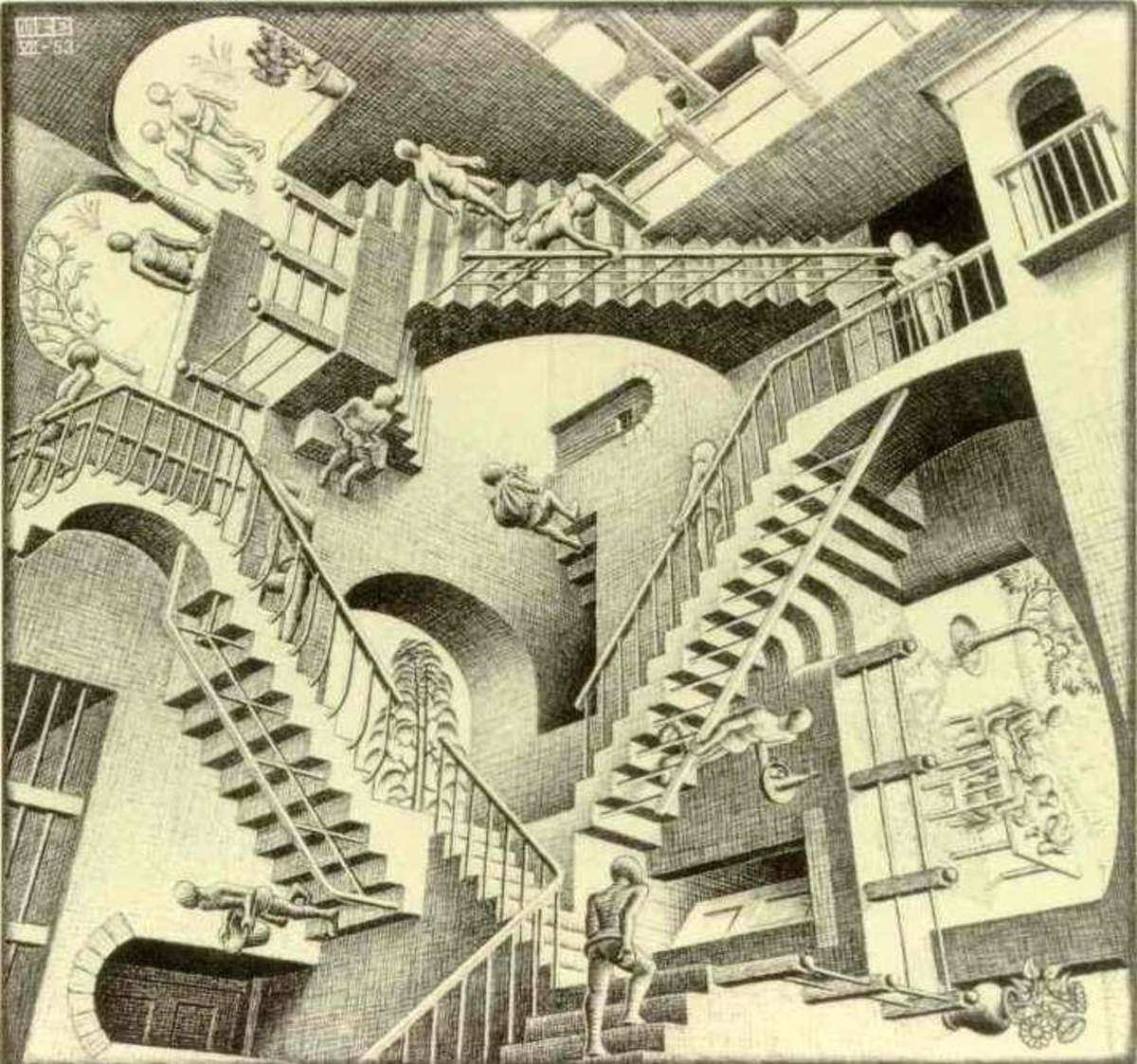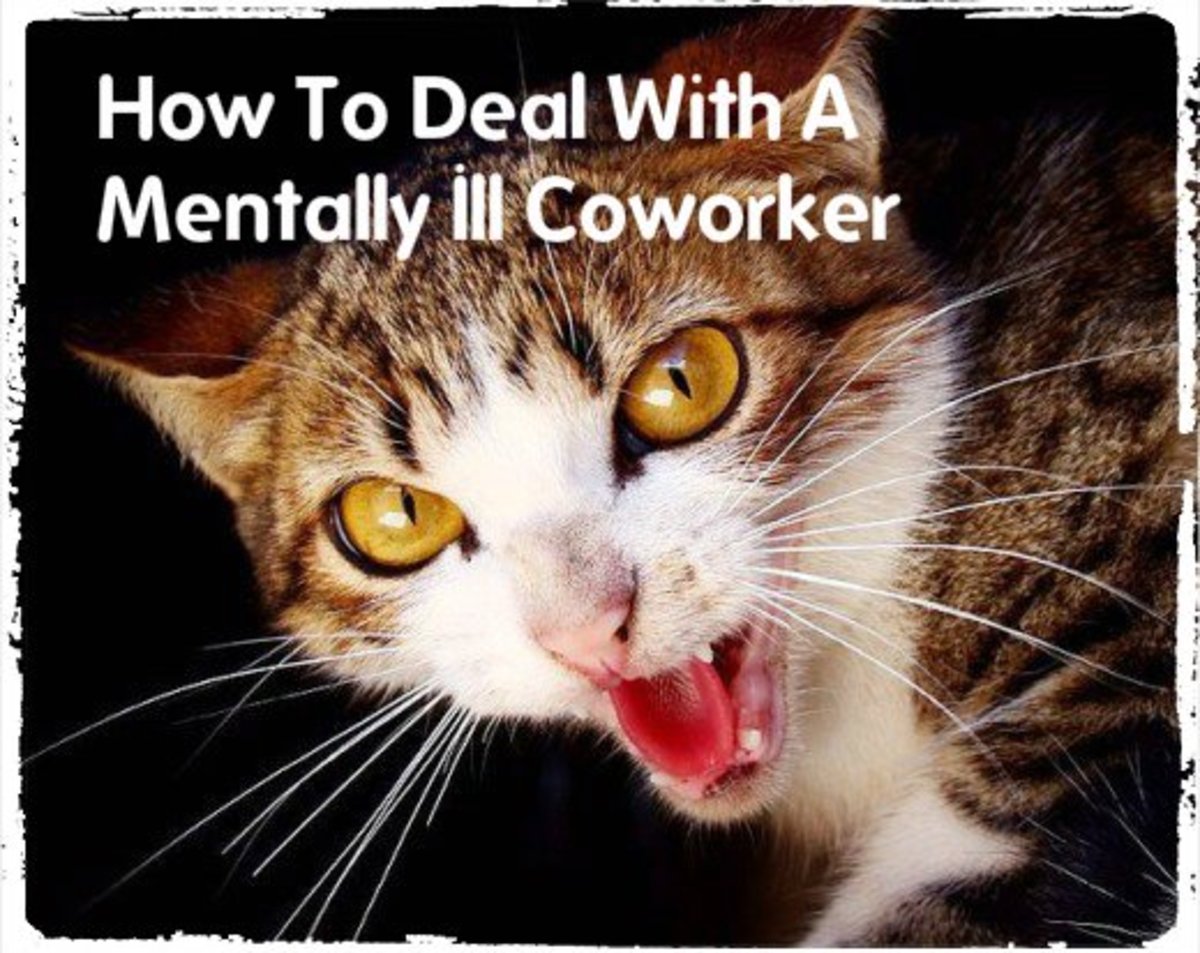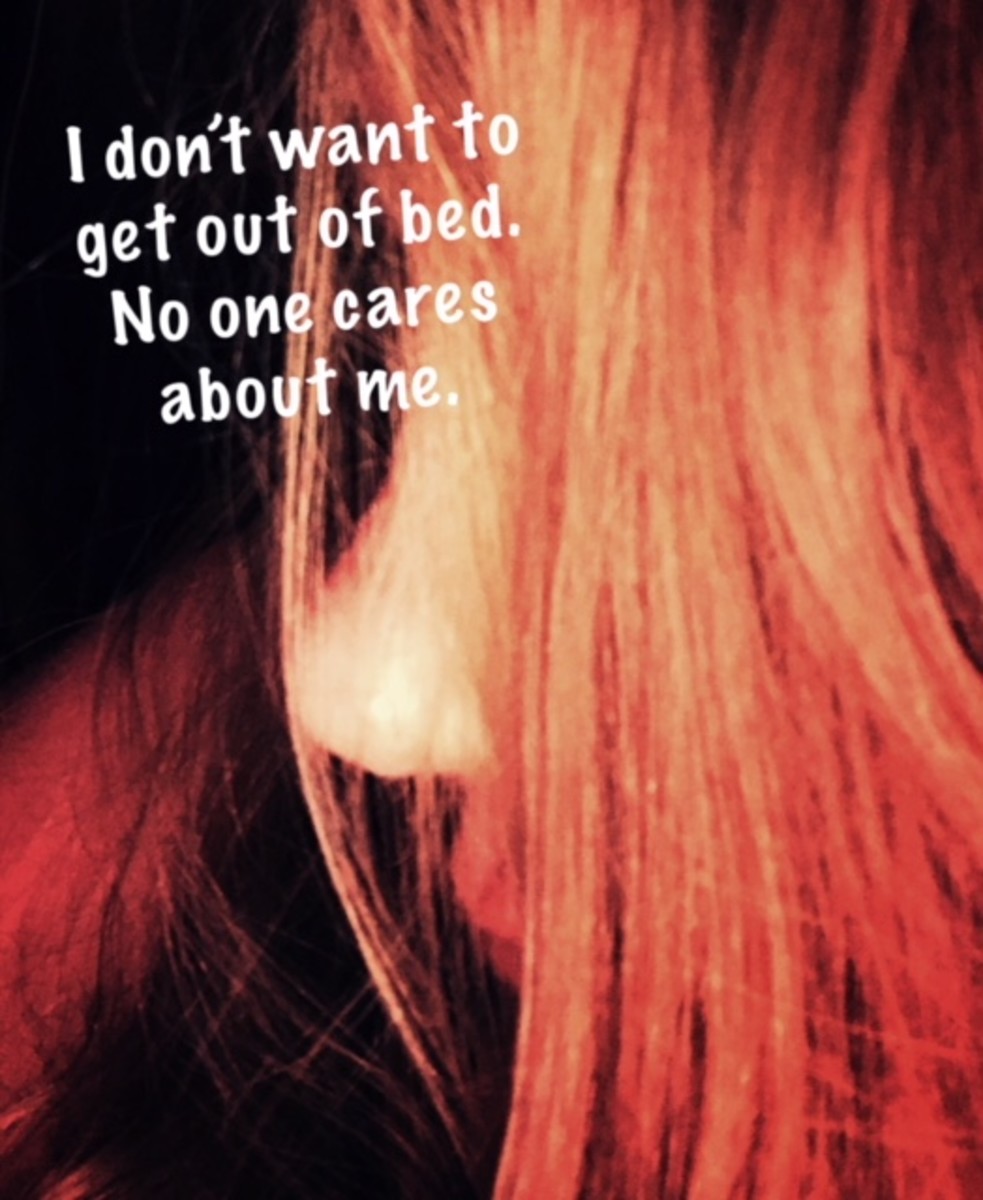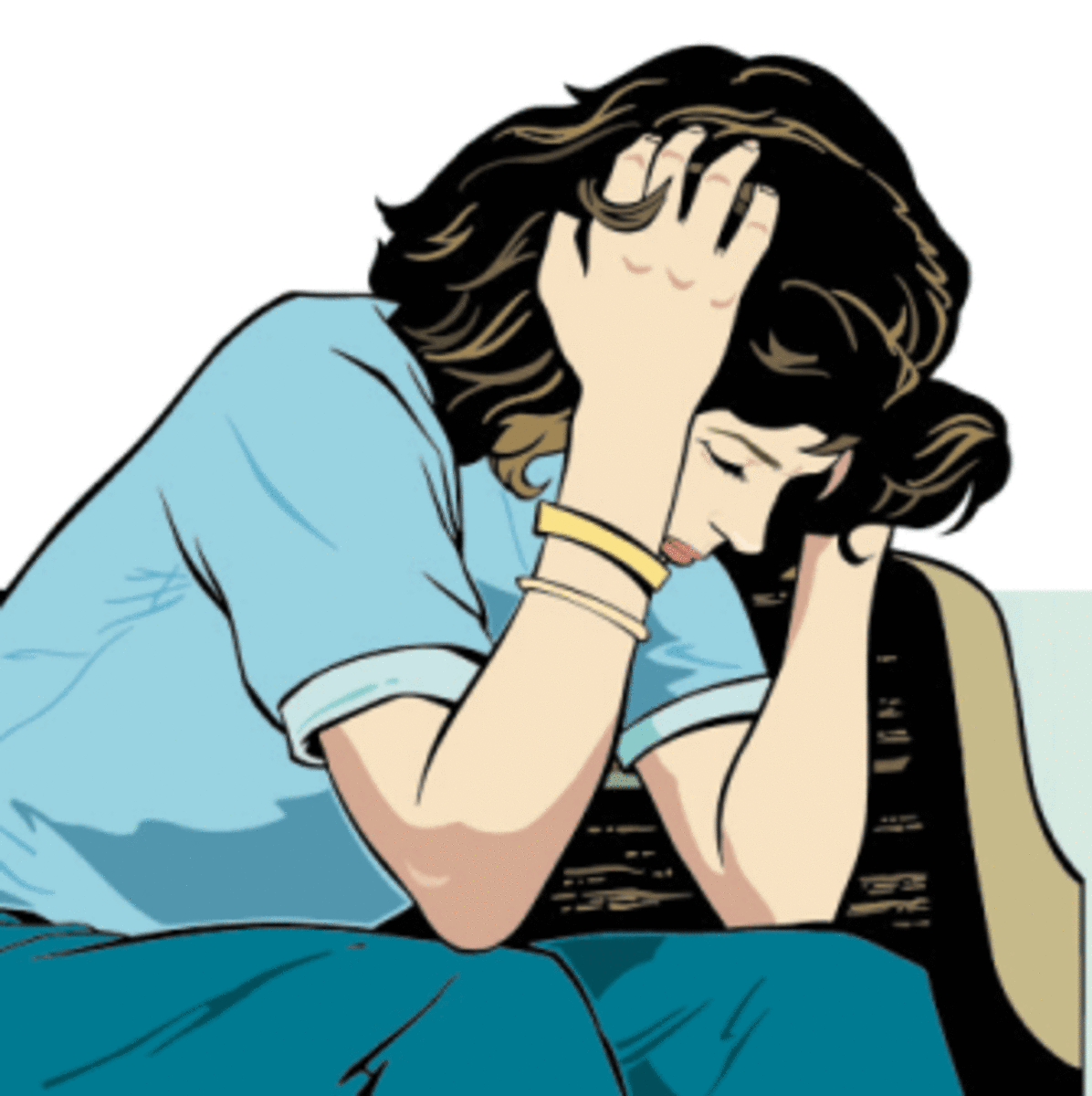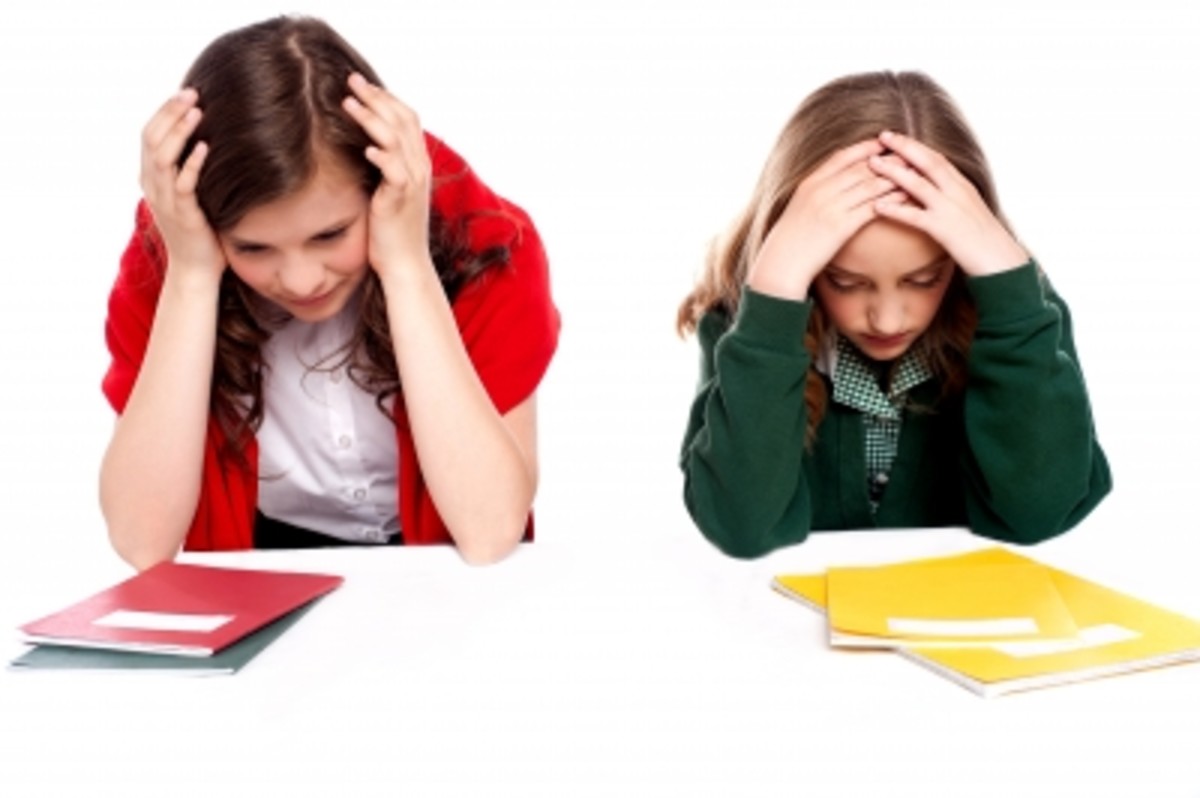How To Overcome Growing up With a Mentally Ill Parent

1 in 4 adults suffer from mental illness. About 42-50% of them have never received a diagnosis or any professional help.
20% of children have a parent with a mental illness.
Diagnosed
Last week my father was finally diagnosed with mental illness. He is 74. I am 43. It is genuinely tough to get someone with a mental disorder diagnosed, let alone the help they need.
He was diagnosed with Delusional Disorder (Paranoid Disorder), Anti-Social (Sociopathy) Disorder, and PTSD.
I spent most of my life knowing my dad was very ill, but I had nothing to confirm this for decades. Sometimes I didn’t even believe myself.
We can lose ourselves in the process of putting the pieces together; the mystery of mental illness.
It’s worse when it’s hidden by other family members or when I was just a child I heard my mom once say to a friend that my dad was “sick”.
This had no context at a young age. Most of the time the symptoms of his illness were normalized, and I’d get in trouble if I didn’t “play along”. The truth is I felt great empathy for the people my dad used as pawn. I was the victim right along with them...hundreds of times.
Now I have a Psychology degree and yet I stood by and watched (to be honest, participated) in my dad's mental delusions even as an adult.
I’d often wonder if I was protecting myself or keeping my dad from realizing he needed help, resulting in my guilt and shame.
In addition, my father is also a transsexual so the stigma of assigning a mental illness to a protected class in our society (transsexual, transgender or ‘Gender Dysphoria’ is a former disorder now removed from the diagnostic manual DSM and no longer recognized by the World Health Organization) makes it even harder for someone like my dad to get diagnosed with any mental illness.
It is unfortunate that it wasn't until my dad got cancer that he was finally initiated into the medical system. Upon going through medical treatment for his cancer, his mental illness was easily uncovered by professionals.
Just like that! Years of my intuition and mental health education, and it was over.
I can't say that I was relieved. I always wanted to be wrong.
To see it in black and white was terrifying for me. The truth is, having mentally ill parents comes with some shame- the apple doesn't fall too far from the tree, right?! Wrong!
I know we don't like to throw around the word "shame" with mental illness, but more often the shame is directed at ourselves rather than the ill parent.
We feel shame when we are helpless as children of a mentally ill parent even through adulthood- that we cannot help the person we love or get them the help they need.
We feel shame because we’ve left abuse or dysfunctional relationships go on for so long.
We feel shame because mental illness can be genetic/inherited- scared to carry this lineage. Many adult children of a mentally ill parent report not wanting children of their own.
We walk around with shame because we were inevitably fooled, betrayed, or lied to multiple times by an ill parent- feeling foolish to believe they’d change When most disorders last a lifetime.
We grew accustomed to secrets, which carried more shame.
I grew up, well into adulthood, scared of my dad. Not your run-of-the mill fear when you anticipate the punishment of your parents after committing a childish deed. I knew that I (my life) was no more important to my dad than a random stranger walking down the street.
My dad is a sociopath, which is also related to symptoms of being a psychopath too. These are words we hear in conjunction with horror films.
But if I played by his rules, everything would go fine. I knew his rules well.
Many families unwittingly "teach" these rules of survival early. The kids learn how to be around their parent with the illness. In fact, the whole family life can be centered around the ill person.
The “well” parent will punish or reprimand the child when they’ve done something to upset the ill parent. In the well parent’s mind, they are protecting their child, but the child does not ever feel protected.
In my case my other parent was not mentally well either.
It wasn't until I had my own children that I felt the need to protect them in the way I should have been protected.
This changed the relationship with my dad. I rarely visited him anymore. After years of the relationship being on edge, I finally cut the family ties that bound us.
This was before he received his cancer diagnosis. Now he is back in my life. I felt an initial obligation to see him through this...being the only child and only family member whom my dad was remotely connected to.
It is difficult to remain in the life of a mentally ill parent without extreme boundaries and personal rules for yourself. This is an entirely new set of survival skills you must learn, but I am navigating it on my terms! There is still a lot of distance (physical and psychological) between us. I have no hope of him changing even through this “normally” humbling experience.
According to the US National Institute of Mental Health (NIMH), mental disorders are common in the United States and internationally.
An estimated 26.2 per cent of Americans aged 18 and older, about one in four adults, suffer from a diagnosable mental disorder in a given year.
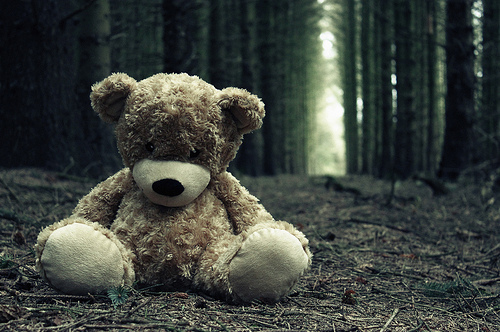
Survival Skills For Adulthood
Get yourself help! No, really. This is extremely important as it's not unlikely that you may have anxiety (anxious tendencies), depression, extreme people pleasing or a tendency for dysfunctional relationships just from being a child in an environment with a mentally ill parent.
I'm a big proponent of receiving counseling. Counseling can set you up for a domino effect of positive self-growth. When you view your life through the eyes of another, your own perspective shifts.
For the child of a severely mentally ill parent, normal is something we study by comparing ourselves to other people or our families to others. We dream of it or at least have a desire to know what is normal and what is not. We were often very confused kids.
A counselor or psychologist gets the ball rolling. With their support, this can be a wonderful opportunity for personal transformation.
After going to counseling I remember realizing that my dad had never smiled at me. Counseling clarified that it wasn't me who couldn't make him smile. There wasn't anything that did. This was the mental illness, not my shortcoming.
No matter who you are or how you grew up, there comes a time in adulthood when we have to grow up from the past. Children of mentally ill parents have deep scars and it can be frightening to find your own reality aside from your parent's.
Leaving the past behind means taking the lessons with you.
Believe it or not, these lessons can take you far in life. There can be an upside to having your experience. These children can grow up to be very adaptable and compassionate.
Personally, I became independent early and alert/in tune to my surroundings. I was a bartender, Life, Coach, and Human Resources Coordinator, which all fell right into my line of experience with a mentally ill parent. I had the knack of being a calming force (perfect for late nights in a bar), a natural mediator (wonderful trait for Human Resources duties), and cultivated great instincts about people.
Leaving the past behind means taking the lessons with you...and nothing else.
— Laura Irwin
Steps Into Adulthood
- Get yourself help- counseling. The objective perspective of a counselor, psychologist, or psychiatrist has immeasurable benefits.
- Practicing self care, self-soothing, and mind/body techniques is important to reclaim yourself- your needs were likely neglected as a child. At first you may need to begin with just going through the motions to get in a habit of self care, then it can become an enjoyable aspect of your life.
- Clean up your social life- not only can being the child of a mentally ill parent impair your relationships, it can lead you to have social issues in general. Understand that there may be challenges in this area, but begin now with reading about co-dependency and take a deep (and honest) look into your current relationships. If some of these relationships follow the same outline and traits of the relationships with your ill parent, it's time to cut ties and clean up as many of these connections as possible- these can even be people who make you feel like your parent does or how you felt as a child.
- Find your voice and boundaries. Study the heck out of assertive communication. When the mentally ill parent is present it's very difficult to find your voice. Practice assertive communication in other relationships first. It will become more natural for you. I was surprised to find that I was easily able to be assertive with my father in a way that made him back down- I realized I had never tried it before, probably out of fear.
An old, but great video (below) as an intro to assertive communication. Jef Gazely has many useful videos that get right to the point.
Surviving (a childhood with a mentally ill parent) is a hard-won struggle.
You and The Other Person
Growing up with a mentally ill parent means there is little room to identify yourself in the family dynamic. It can feel like you live to serve the sick person.
You feel neglected.
You feel alone/abandoned by the people who are supposed to love you.
You feel like the only place you belong sometimes is with other broken people or those that don't treat you well.
You can feel like a shell of a person. 'Why do I matter?' 'Who am I?'
Your are not your mentally ill parent. YOU are not your experience with a mentally ill parent.
I understand it's difficult to separate yourself from that other person or what was done to you. In doing this, you have to love yourself, take personal responsibility, and see the unique characteristics that are all yours.
Seeing how I was not like my father, took many years. After all, I have his sarcastic sense of humor (that's not all bad ;- ). I have his intense work ethic (not too shabby either). Most importantly, I found some good attributes I share with him. For the most part, a mentally ill parent themselves are not ALL bad.
Many mentally ill parents have received help and adjusted to parenthood well, but for those who lived with a parent whose illness got the better of them, there’s side effects.
I can read people well and see all of their weaknesses as clearly as if they were holding up a sign. It's often the first thing I see about a person. The slightest Weakness would be used against me as a kid.
My dad would use this with everyone he came in contact with and then go for the jugular. It used to make me cringe so I do not use this. I ignore it as much as possible.
It also takes me a long time to get close to people. Showing love was a weakness In my family.
My parents divorced when I was young and after visiting my dad on weekends I would come back home to my mother who would tell me how much I acted like my dad- this was meant as an insult of course.
Eventually I found my own self! As you get older, what your parents said to you as a kid starts to wear thin and lose it's validity.
”The only thing we are ever dealing with is a thought, and a thought can be changed.” Louise Hay.
If you are still negatively effected by the relationship with your mentally ill parent, you need to create distance, sometimes cutting ties in order to gain clarity. For years I would visit my dad and succumb to being the little girl again whenever I was around him.
As an adult we need the space and understanding before we are strong enough to redefine the relationship. Doing this for yourself is not betraying your parent or being “mean“.
Women growing up with very depressed mothers feared becoming depressed and women with bipolar mothers feared being too happy, which might mean they were becoming manic.
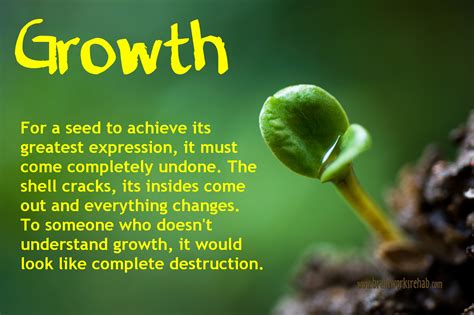
Personal Growth
The journey adulthood brings after growing up with a mentally ill parent can be paved with uncertainty, but also deeply satisfying as we DISCOVER the reality we lived as children is not the reality we must live as adults. In a way, we can view it as being in charge of our reality once we reach adulthood.
We can view "normal" as what we make it.
We can see with new eyes (and perspective) as adults.
We can apply adult wisdom and see that our parent's mental illness had nothing to do with us personally.
As adults, we are more free than ever from the binds of our past. We can physically distance ourselves. We can decide our own boundaries. We can make our own life.
Everything that was necessary for you to survive as a child of a mentally ill parent is not vital for survival as an adult.
— Phyllis Rittner, When Your Parents Have Mental Illness: Healing Childhood Trauma
